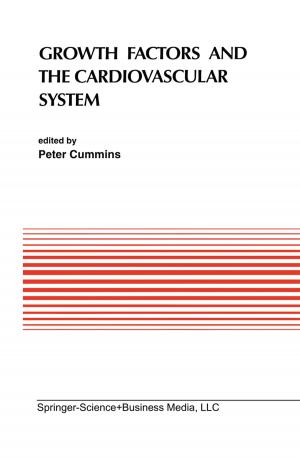Ocean Pulse
A Critical Diagnosis
Nonfiction, Science & Nature, Science, Earth Sciences, Oceanography, Biological Sciences, Ecology| Author: | ISBN: | 9781489901361 | |
| Publisher: | Springer US | Publication: | June 29, 2013 |
| Imprint: | Springer | Language: | English |
| Author: | |
| ISBN: | 9781489901361 |
| Publisher: | Springer US |
| Publication: | June 29, 2013 |
| Imprint: | Springer |
| Language: | English |
There are many conferences, workshops and meetings annually around the world, each emphasizing a specialty area for scientific exploration and research. Yet in very few instances, if at all, do the multidisciplinary aspects of science get presented so one may see the diversity of dependencies these seemingly disparate disciplines actually have. The Explorers Club and the U. S. National Park Service collaborated to make a first attempt at what will continue to be an "ocean pulse'" effort; conferences combining the aquaculture sciences; the search for underwater antiquities and the marinelbio-technologies utilized to explore these areas. The purpose has been to bring together not just academicians to talk about their finding in the field or the laboratory, but to provide a forum for the practical applications of "technology" to expanding our worlds fisheries as well as to continue to explore our world's oceans; the earth's truly last frontier. After everything is said and done, we still know precious little about our ocean environments. Their influences on our lives are monumental and yet we continue to be very parochial and conservative in our dedication to exploring their depths and resources. We feel confident that this initial effort by our respective groups to awaken a realization in the public and private sectors of the need for a cross-disciplinary approach to scientific research in the marine environment, is a necessity as we approach the 21 st century. Kevin C.
There are many conferences, workshops and meetings annually around the world, each emphasizing a specialty area for scientific exploration and research. Yet in very few instances, if at all, do the multidisciplinary aspects of science get presented so one may see the diversity of dependencies these seemingly disparate disciplines actually have. The Explorers Club and the U. S. National Park Service collaborated to make a first attempt at what will continue to be an "ocean pulse'" effort; conferences combining the aquaculture sciences; the search for underwater antiquities and the marinelbio-technologies utilized to explore these areas. The purpose has been to bring together not just academicians to talk about their finding in the field or the laboratory, but to provide a forum for the practical applications of "technology" to expanding our worlds fisheries as well as to continue to explore our world's oceans; the earth's truly last frontier. After everything is said and done, we still know precious little about our ocean environments. Their influences on our lives are monumental and yet we continue to be very parochial and conservative in our dedication to exploring their depths and resources. We feel confident that this initial effort by our respective groups to awaken a realization in the public and private sectors of the need for a cross-disciplinary approach to scientific research in the marine environment, is a necessity as we approach the 21 st century. Kevin C.















